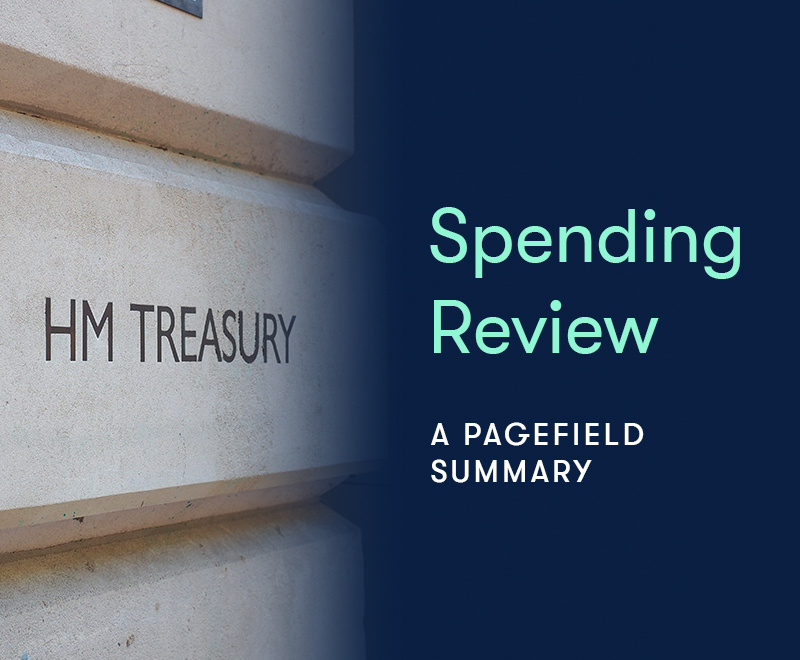Less than a year after the publication of the Integrated Review 2021, it has become increasingly clear many of the proactive plans from IR21 for the UK’s international role are now having to become reactive. Russia’s invasion of Ukraine and increased tensions with China have subsequently shifted the Ministry of Defence’s language from sustaining, strengthening and shaping to deterring, defending and competing.
While the latest review rightfully builds on its predecessor to reflect these contemporary threats, there remain lingering strategic priorities that will need to be addressed to ensure Defence’s resilience in the coming years without, however, the need for another time-intensive review.
Balancing the Indo-Pacific tilt
The International Relations and Defence Committee had warned against the 2021 review’s tilt towards the Indo-Pacific, calling for the UK to guard against over-committing defence resources to the region when the European security environment is deteriorating.
However, the UK should not be deterred from this policy. The updated Integrated Review claims that the tilt towards the region has already been achieved through non-military means. Yet the Indo-Pacific is a comparatively novel dimension for UK Defence’s strategic presence and will likely require significant resource both diplomatic and military. Such sentiments as those in the 2023 refresh risk sowing apathy. Reports that British-based diplomatic posts for key Indo-Pacific countries have been cut up to 50% could become problematic in this regard.
This is particularly significant as many Indo-Pacific states are sitting on the fence to see how Russia’s Ukranian gamble shapes the international order. It means the UK will have to play an increasingly vital role alongside Japan and Australia in promoting a democratic international values-based system in the region in the coming years, signifying the need for this investment of resource.
A dissatisfied Defence Secretary
Any concerns raised by the defence sector are inevitably underscored by costs. The £5bn uplift in funding over the next two years has therefore been welcomed as a much-needed investment for replenishing the UK’s stockpiles of equipment.
Defence Secretary Ben Wallace asked for £11bn, yet the Spring Budget recommended the Ministry of Defence continues looking for efficiency savings. This has been firmly rebuffed by Wallace, who claims the Defence budget has been “raided” for far too long and that “real money” is preferable to efficiency savings.
The majority of NATO members have announced firm spending uplifts, with France boosting funding by a third, Germany announcing a £100bn fund, and Poland on track to spend 5% of GDP on defence by 2024. Many still consider UK Defence to be underfunded and without a firm deadline to uplift defence spending, the Government will likely continue to be pushed on funding pledges, perhaps even by the Defence Secretary himself.
The procurement problem
Lastly, the Integrated Review has arguably missed an opportunity to affirm procurement as a core pillar for facilitating an agile and responsive international presence for UK Defence.
Whilst the Defence and Industrial Strategy 2021 rightfully called for a reformed procurement process, the Government has yet to lay its proposals before Parliament. Despite multiple reviews having addressed the UK’s procurement issues, procurement law specialist Professor Luke Butler has argued that there are “few elements of the reforms that could be said to be truly transformational”.
Against a backdrop of £3bn being invested in the industrial estate as a result of the Integrated Review 2023, there is an increasing need to recognise the potential of efficient procurement processes in allowing the UK to effectively shape the international order. Given the UK’s adversaries are unburdened by democratic competition processes, urgent prioritisation must be given to allowing the UK’s defence industry to better serve the unfurling strategic priorities of our defence forces.
Conclusion
There have been five major strategic Defence reviews in the last ten years, with Labour pledging to make it six should they enter Government. However, the sector is clear that it’s time to coalesce around demonstrable implementation, backed by investment. With no end currently in sight for war in Ukraine and rapidly deteriorating relations with China, it is clear the Government needs to continue mobilising the political will it has already shown to bolster UK Defence now and in the future.



